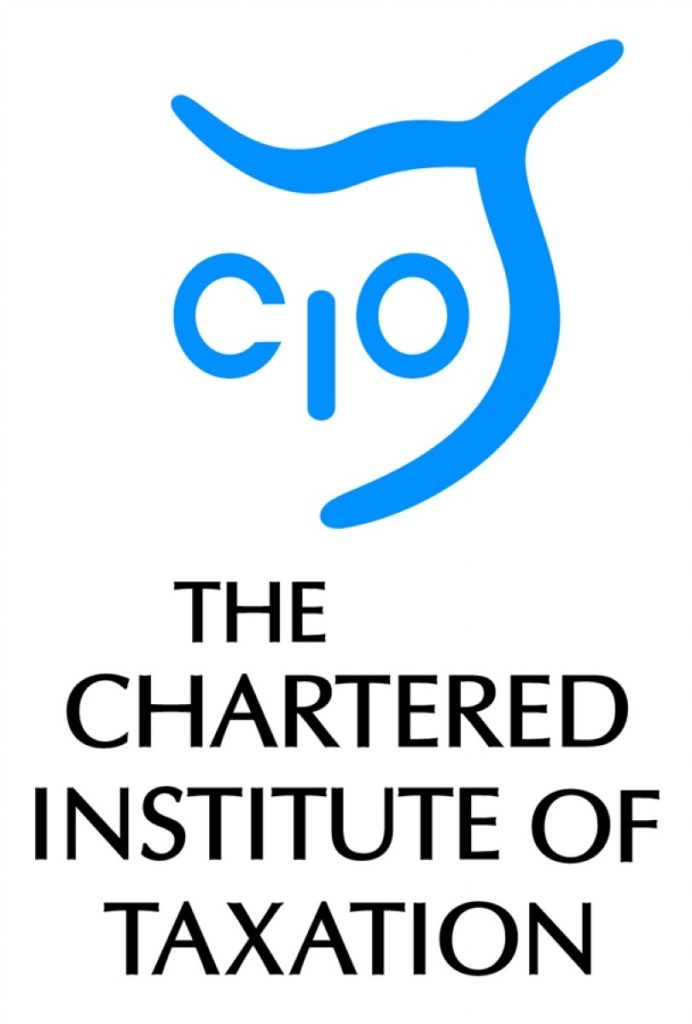CIOT: Tax advisers urge presumption against retrospective tax changes
A discussion paper published today by the CIOT warns that the use of retrospective changes to the UK’s tax rules damages confidence in the tax system, with the risk of consequent harm to the British economy.
CIOT President Vincent Oratore said:
“In recent years we have seen increasing use of retrospective action in the tax system. Thankfully this is still relatively rare but we think it is important for the government to state clearly when, if at all, it will see retrospective action as valid. It must be very sparingly used: retrospection is damaging to confidence in the tax system as it undermines the principles of stability and certainty. In an internationally competitive world, frequent retrospection would reduce the attractiveness of the UK to potential inbound investors.”
The CIOT argues that certainty about the tax people will pay when they act in a particular way is one of the most important elements of a good tax system. The CIOT’s paper states:
. The fundamental principle is that taxpayers should be taxed on the wording of the legislation in place at the time of their actions. To do otherwise is to damage the fundamental principle of certainty, something that should be at a cornerstone of any tax system.
. The Government should make a clear statement of when, if at all, it sees retrospection as appropriate. The Institute believes that this statement should be part of a new protocol on announcing legislative changes taking immediate effect outside fiscal events, proposed by the Government in their recent Government’s Tax Policy Making consultation paper.
. The CIOT is not opposed to retrospective action in all circumstances but believes it is something “that should be used with extreme care and justified at length.” The Institute argues that use of retrospection by the Government should always have to be justified by the Government in Parliament.
. The Government should adopt a general principle that includes a presumption against retrospection. That said, this principle could set out certain very limited circumstances where the Government could make the argument that retrospection can be used because it is considered necessary (rather than desirable)
Notes to Editors
1. The CIOT’s paper on retrospective taxation can be viewed online at:
www.tax.org.uk/Resources
2. The Chartered Institute of Taxation (CIOT) is a charity and the leading professional body in the United Kingdom concerned solely with taxation. The CIOT’s primary purpose is to promote education and study of the administration and practice of taxation. One of the key aims is to achieve a better, more efficient, tax system for all affected by it – taxpayers, advisers and the authorities.
The CIOT’s comments and recommendations on tax issues are made solely in order to achieve its primary purpose: it is politically neutral in its work. The CIOT will seek to draw on its members’ experience in private practice, government, commerce and industry and academia to argue and explain how public policy objectives (to the extent that these are clearly stated or can be discerned) can most effectively be achieved.
The CIOT’s 15,000 members have the practising title of ‘Chartered Tax Adviser’ and the designatory letters ‘CTA’.
– ENDS –
George Crozier
External Relations Manager
D: +44 (0)20 7340 0569
M: +44 (0)7740 477374
The Chartered Institute of Taxation
Registered charity number 1037771
www.tax.org.uk
The Association of Taxation Technicians
Registered charity number 803480
Registered company number 2418331
VAT Registration Number 497 5390 90
www.att.org.uk
1st Floor, Artillery House, 11-19 Artillery Row, London SW1P 1RT





-01.png)